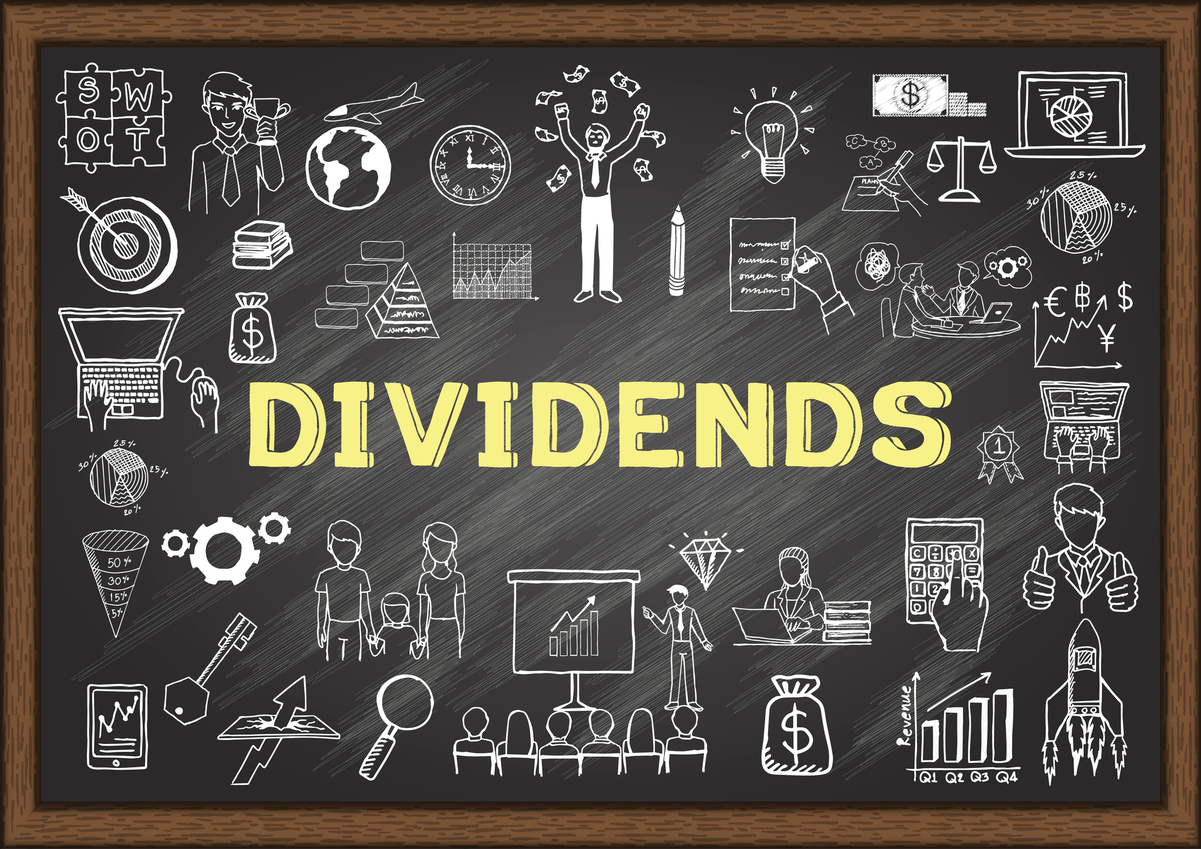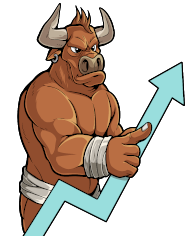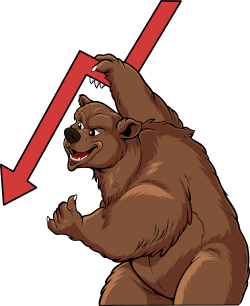PEPPepsiCo Inc
Company Overview
Name
52W High
52W Low
Market Cap
Dividend Yield
Price/earnings
P/E
Tags
Dividends
Dividends Upcoming
Own this stock by Mar 6, 2026
Mar 31, 2026
$1.42 per share
Sentiment
Score
Bullish
62
Low
Neutral
High
0
50
100
Trade Volume
Score
Neutral
50
Low
Neutral
High
0
50
100
Income Statement
Total Revenue
Operating Revenue
Total Gross Profit
Total Operating Income
Net Income
EV to EBITDA
EV to Revenue
Price to Book value
Price to Earnings
Additional Data
Selling, General & Admin Expense
Impairment Charge
Total Operating Expenses
Interest Expense
Other Income / (Expense), net
Total Other Income / (Expense), net
Earnings History
Estimated EPS
Reported EPS
N/ACompany Overview
Name
52W High
52W Low
Market Cap
Dividend Yield
Price/earnings
P/E
Tags
Dividends
Dividends Upcoming
Own this stock by Mar 6, 2026
Mar 31, 2026
$1.42 per share
Sentiment
Score
Bullish
62
Low
Neutral
High
0
50
100
Trade Volume
Score
Neutral
50
Low
Neutral
High
0
50
100
Income Statement
Total Revenue
Operating Revenue
Total Gross Profit
Total Operating Income
Net Income
EV to EBITDA
EV to Revenue
Price to Book value
Price to Earnings
Additional Data
Selling, General & Admin Expense
Impairment Charge
Total Operating Expenses
Interest Expense
Other Income / (Expense), net
Total Other Income / (Expense), net
Earnings History
Estimated EPS
Reported EPS
N/AUpcoming Earnings
Company Info
CEO
Ramon L. Laguarta
Location
New York, USA
Exchange
Nasdaq
Website
https://pepsico.com
Summary
PepsiCo, Inc.
Company Info
CEO
Ramon L. Laguarta
Location
New York, USA
Exchange
Nasdaq
Website
https://pepsico.com
Summary
PepsiCo, Inc.
Community Research
Research from investors like you
Be the first to share your analysis on PEP
Help fellow investors make informed decisions by sharing your research on fundamentals, catalysts, and outlook.
Symbol's posts
Summary of 5 dividend stock picks for defensive income
Summary of 5 dividend stock picks for defensive income

www.fool.com
| My 5 Favorite Dividend Stocks to Buy Right Now | The Motley Fool
Summary of recent dividend updates for Realty Income and PepsiCo
Summary of recent dividend updates for Realty Income and PepsiCo

www.fool.com
| 2 No-Brainer Dividend Stocks to Buy Right Now | The Motley Fool
Earnings recap: MSTR drops 17%, Reddit up, mixed results for QCOM and Peloton
Earnings recap: MSTR drops 17%, Reddit up, mixed results for QCOM and Peloton
finance.yahoo.com
| Earnings live: Amazon stock sinks, Philip Morris retreats, Reddit spikes as Wall Street focuses on guidance
Breakdown of dividend picks PEP, MAIN, and VZ
Breakdown of dividend picks PEP, MAIN, and VZ

www.fool.com
| Why I Can't Stop Buying These 3 High-Yielding Dividend Stocks | The Motley Fool
PEP vs KO still a real debate?
PEP vs KO still a real debate?
Both Pepsi and Coke are makers of hard cash; however, the snack business with the former has got to be taken into account. Some are totally invested in either, or alternating between the two to avoid overthinking. Want to know the consensus? Twins in the portfolio in the long term pick a side?
Indexes closed the week lower, but AEO, GM and MU are seeing gains
Indexes closed the week lower, but AEO, GM and MU are seeing gains

finance.yahoo.com
| Beat the Market the Zacks Way: LATAM, General Motors, Amgen in Focus
Massive recall for 2,000+ products distributed by Gold Star due to facility contamination
Massive recall for 2,000+ products distributed by Gold Star due to facility contamination

finance.yahoo.com
| Tylenol, Advil, Purina, Haribo face urgent FDA recall
PEP Keeps Flexing Its Brand Power
PEP Keeps Flexing Its Brand Power
What makes PepsiCo stand out isn’t noise, it’s staying power. When prices rise, people still reach for its products. Thanks to smart pricing, money keeps flowing in steadily. Flashy headlines don’t cover it, yet results add up year after year. Does that kind of quiet strength fit what you’re looking for?
PEP Boosts Payout Again
PEP Boosts Payout Again
PepsiCo boosted its payout, no fanfare, just steady progress. When markets shake, names like this tend to stand firm.
For those who want slow growth with dependable income, PEP shows why trusted basics stay popular among dividend fans.
Dividend Stocks in the Nasdaq 100: Are Any Worth Buying Right Now?
Dividend Stocks in the Nasdaq 100: Are Any Worth Buying Right Now?

www.fool.com
| Should You Buy the 3 Highest-Paying Dividend Stocks in the Nasdaq? | The Motley Fool










